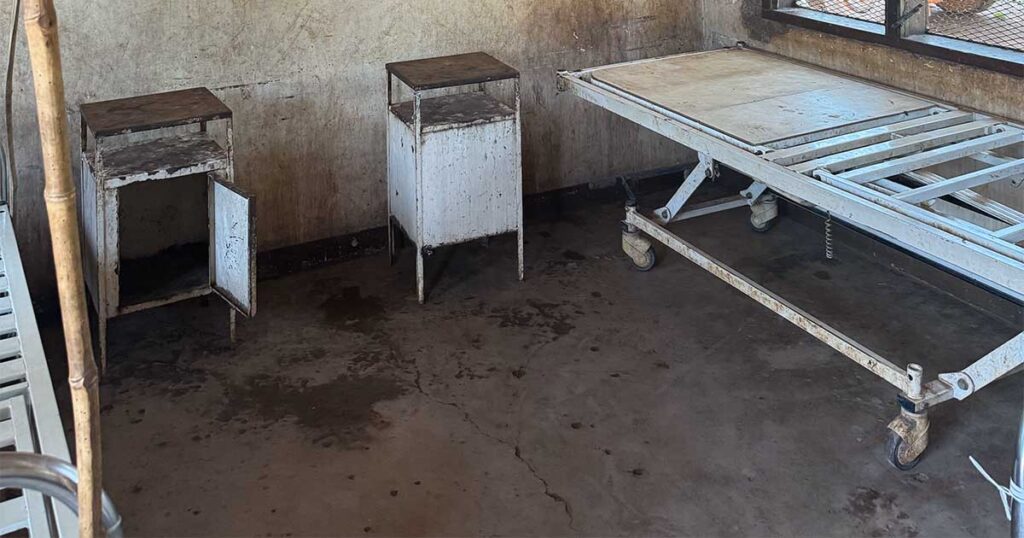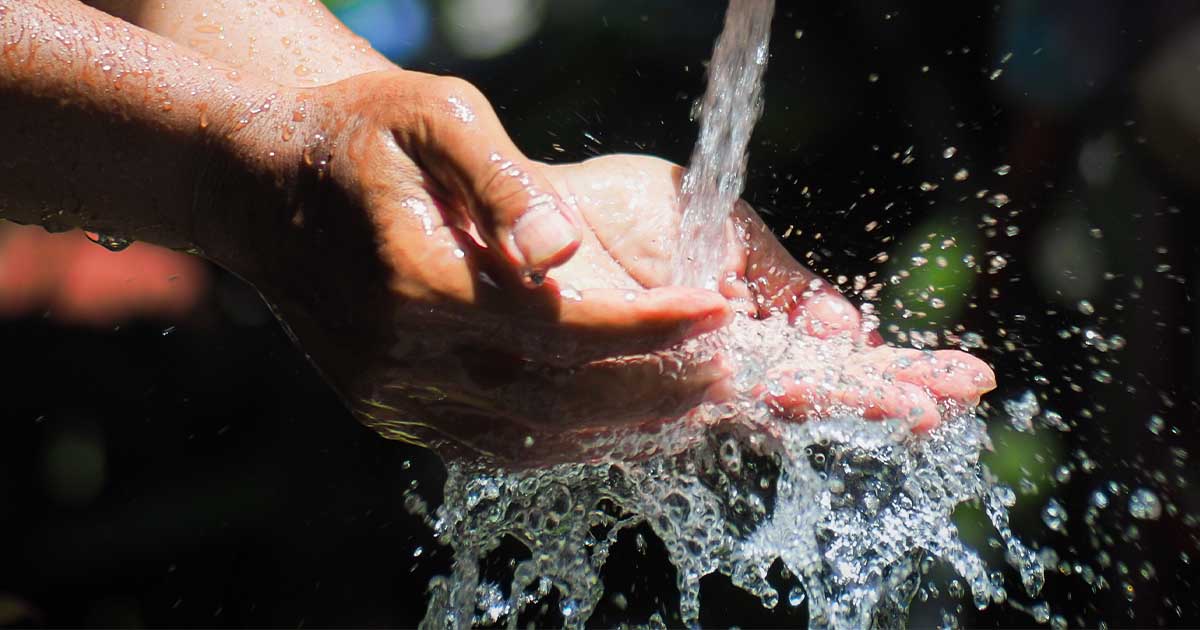The recent decision by U.S. President Donald Trump to halt all foreign aid projects has sent shockwaves across developing nations, particularly in South Sudan, where international assistance plays a crucial role in sustaining essential services. This move underscores the urgent need for both the South Sudanese government and other non-governmental organizations (NGOs) to take immediate action in prioritizing water and health projects to safeguard public welfare.
The Critical Role of Water and Health Projects
South Sudan continues to grapple with humanitarian crises stemming from years of conflict, economic instability, and climate-related challenges. Access to clean drinking water and reliable healthcare remains a luxury for many communities, with millions relying on foreign aid for survival. The suspension of U.S. aid could significantly impact these sectors, making it imperative for local initiatives to fill the gap.
Water Scarcity & Public Health Concerns
Waterborne diseases such as cholera, typhoid, and dysentery have been rampant due to inadequate access to clean water. According to the World Health Organization (WHO), over 70% of South Sudan’s population lacks access to safe drinking water. Without intervention, the country risks a severe public health crisis, leading to increased mortality rates, especially among children and vulnerable groups.

Fragile Healthcare System
South Sudan’s healthcare infrastructure remains fragile, with minimal facilities, medical supplies, and trained personnel. Many rural areas have little to no healthcare access, making minor illnesses and treatable conditions life-threatening. Foreign aid has historically funded vaccination programs, maternal health services, and emergency responses to disease outbreaks. With this funding halted, the government and NGOs must step up efforts to ensure continuity in healthcare services.
The Need for Local & Regional Intervention
Given the suspension of U.S. aid, South Sudan must explore alternative solutions to sustain and expand its water and health projects:
- Government-Led Initiatives – The South Sudanese government should allocate more resources toward water infrastructure and healthcare facilities. Strategic partnerships with regional organizations and private investors could also help bridge funding gaps.
- NGO Collaboration & Funding Diversification – NGOs operating in South Sudan should strengthen collaboration with regional donors, African Union initiatives, and philanthropic organizations to secure funding and technical expertise.
- Community-Driven Solutions – Encouraging community-led water conservation and health awareness programs can promote sustainability. Locals should be trained in maintaining boreholes, purifying water, and basic healthcare practices.
- Public-Private Partnerships – Engaging the private sector in infrastructure development could be a game-changer. Investment incentives for clean water supply and healthcare facilities could attract businesses willing to contribute to social development.
Conclusively, the suspension of U.S. foreign aid presents a serious challenge, but it also serves as a wake-up call for South Sudan’s government and NGOs to prioritize self-reliant solutions. By focusing on water and health projects, the country can safeguard its citizens from preventable diseases and build a more resilient healthcare system. Now more than ever, collaborative action is needed to ensure that the people of South Sudan do not suffer from the absence of foreign aid but rather emerge stronger through locally led initiatives.

